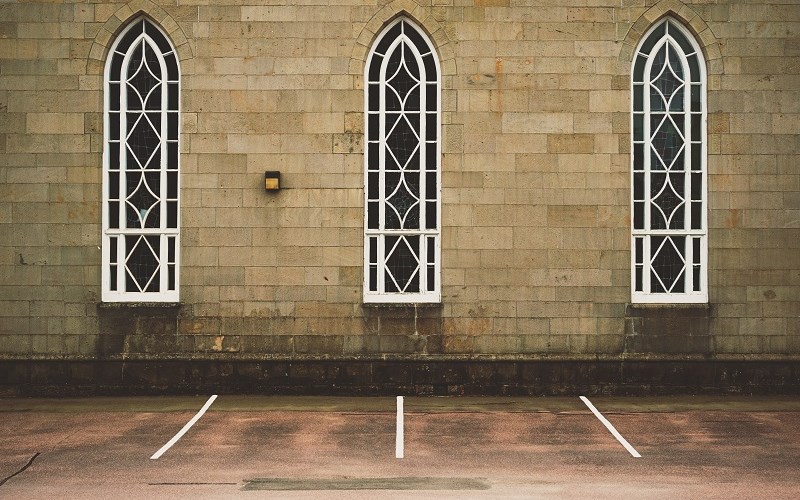"Wisconsin has a law that says if you're an organization that is operated primarily for religious purposes, you don't have to pay into the state's unemployment compensation plan, you can have your own unemployment compensation plan," says attorney Nick Reaves of Becket, the law firm representing Catholic Charities Bureau, Inc.
While it is part of their religious mission, Reaves says Wisconsin has told Catholic Charities that their work is not religious in nature, and they don't qualify for this religious exemption.
"Catholic Charities is the social ministry arm of the Catholic Church in Wisconsin, and they care for the needy. They give food to those in need, they provide all these social services for people who might be low-income or otherwise need assistance, and they're doing that as a direct response to Jesus' call to them to serve those in need."
The state told Catholic Charities there was nothing distinctive about its work that qualified it for a religious exemption. "They said what you're doing is actually just the same as any secular charity, you're just helping people in need, so you're not religious," says Reaves.
"They said what you're doing is actually just the same as any secular charity, you're just helping people in need, so you're not religious," says Reaves.
The U.S. Supreme Court will hear arguments over this on March 31.
Justices have taken several First Amendment or religious freedom cases in the last few terms. That leaves Reaves optimistic.
"The underlying legal issue is that Wisconsin is trying to tell the Catholic Church what is or is not religious, and for a very long-time people have understood and courts have understood that it's up to the religious organization to say this is our religious belief, this is our religious exercise," says Reaves.
Years of precedent sides with Catholic Charities, Reaves says.

"A judge can't come in and say you're wrong, you don't understand what your religious belief is, and that you know, the most recent example I would say of that is a 2020 decision from the Supreme Court in Our Lady of Guadalupe."
In that case the court ruled that religious schools have the right to select their teachers without interference from secular authorities, backing similar previous decisions.
The Guadalupe case involved a teacher at a Catholic school fired by the Archdiocese of Los Angeles. The teacher sued claiming age discrimination. The archdiocese argued that federal anti-discrimination rules did not apply to their decision to terminate based on the teacher’s role in religious instruction.
A case to keep an eye on
This case may involve Catholics and Wisconsin, but Reaves adds this is absolutely an issue of nationwide importance because states around the country have laws like this one, and they affect people of different religious beliefs.
"It could be a Christian college or a Jewish synagogue or some other organization," Reaves said. "No matter what the context or no matter where this is happening, what you don't want is a court or the government to come in and say we know better than you as to what your religion requires or what your religious beliefs are or what is part of your religious exercise; That's really problematic under the first amendment no matter who you are."







